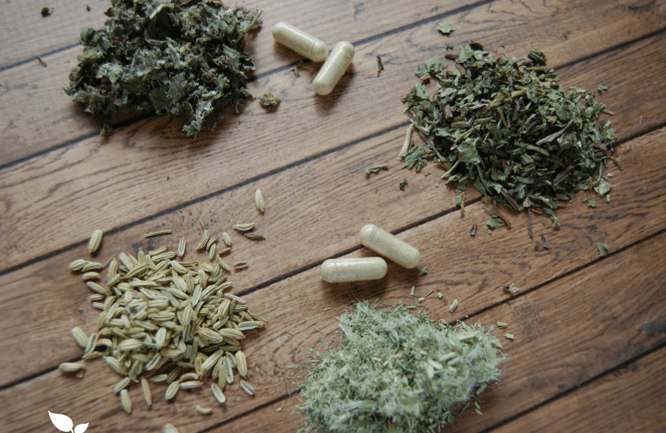by Katie McCann, a former paramedic and breastfeeding counselor, and now a full-time mom and blogger at Bump to Bubble
It’s important to remember that every mother’s breastfeeding journey is unique, and it’s okay if you’re not producing as much milk as you expected. There are several alternative options available, such as using donor breast milk, formula feeding, or a combination of both. It’s crucial to consult with a healthcare provider or lactation consultant to determine the best course of action for you and your baby.
How can mommy feel less guilty in case of inability to produce sufficient milk?

It’s natural to feel guilty or disappointed if you’re struggling with milk production, but remember that your worth as a mother is not measured by the amount of milk you produce. It’s about the love, care, and nurturing you provide for your baby. It’s okay to seek help and explore other feeding options. You’re doing your best, and that’s what matters most.
Advice for new moms on how to breastfeed sufficiently

Frequent breastfeeding or pumping can stimulate milk production. Ensure your baby is latching properly, and don’t hesitate to seek help from a lactation consultant if needed. Stay hydrated, eat a balanced diet, and try to rest as much as possible. Skin-to-skin contact can also help increase milk supply.
Herb or homemade-specific diet to improve milk production
Certain foods and herbs are believed to enhance milk production, known as galactagogues to better breastfeed the baby. These include oats, garlic, fenugreek, brewer’s yeast, blessed thistle, flaxseed, and fennel.

However, it’s important to consult with a healthcare provider before adding new foods or supplements to your diet when breastfeeding.
You can find more tips on how to increase milk supply quickly at https://frombumptobubble.com/how-to-increase-milk-supply-quickly
Remember, breastfeeding is a journey, and it’s okay to ask for help and support along the way!
Disclaimer
The Content is not intended to be a substitute for professional medical advice, diagnosis, or treatment. Always seek the advice of your physician or other qualified health provider with any questions you may have regarding a medical condition.










